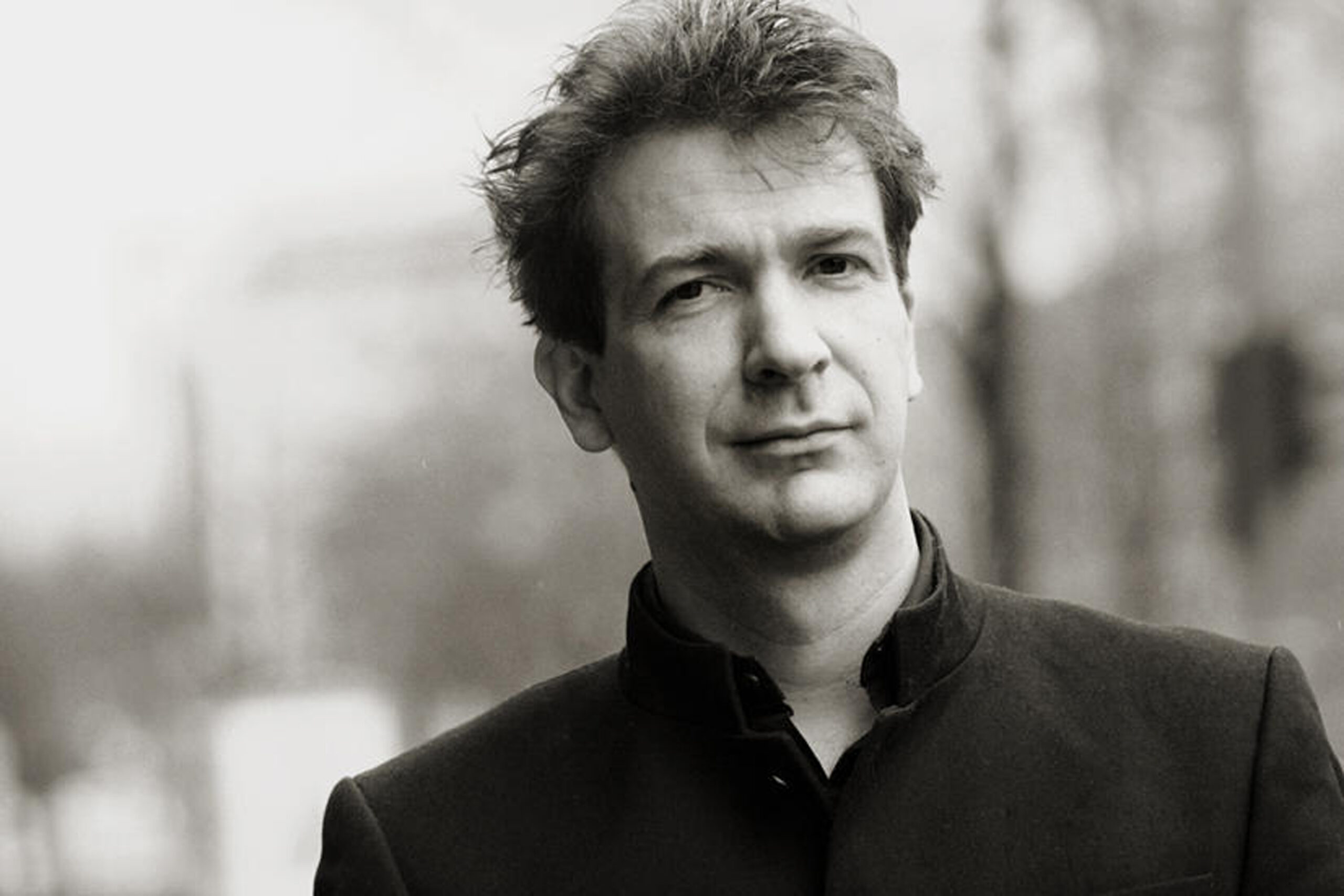Lindner, Erik

Erik Lindner, born in The Hague in 1968, is a Dutch poet who published six books of poetry and two novels. His poems were published in 2013 under the title “Nach Akedia” in a German translation by Rosemarie Still in the “Spuren” series by Matthes & Seitz. His latest volume, “Hout”, will be published in October 2024. Lindner is founder of “Terras”, the magazine in the Netherlands for international literature. “Words are the Worst”, selected poems translated by Francis R. Jones and published in Montreal by Vehicule Press / Signal Editions, was nominated for the Derek Walcott Prize for Poetry 2022.